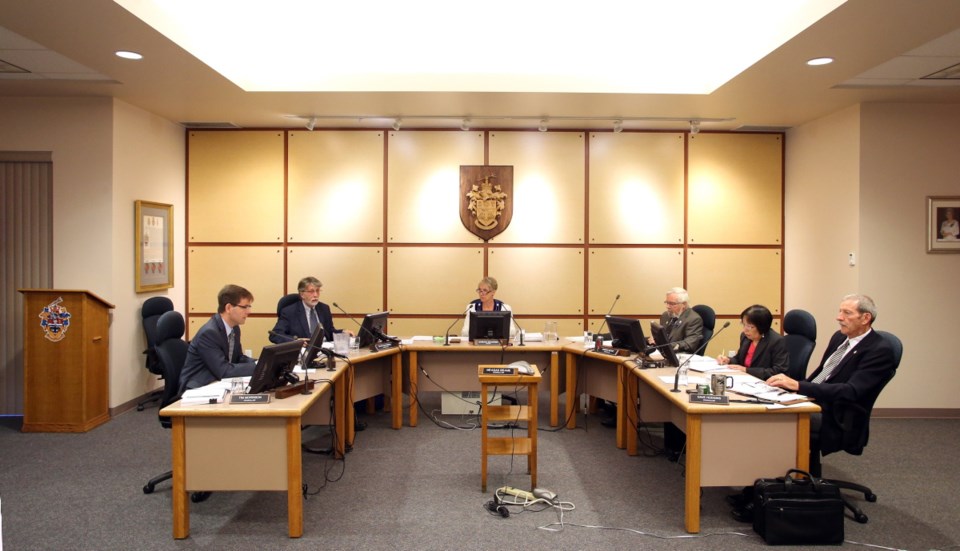Charities and non-profit groups in Esquimalt will no longer be able to claim both property-tax exemptions and local grants, under changes approved by town council Monday night.
Council voted to change its funding rules so non-profit organizations will have to choose between having their property taxes waived and getting a municipal grant.
The move was necessary as the township pushes to keep property taxes low in budgeting for next year, said Coun. Meagan Brame.
“They are all very worthy causes, but after a certain amount of time, we have to draw a line,” she said.
Esquimalt is believed to be one of the first municipalities to limit its non-profit funding in such a way, though others, such as Victoria, have recently tackled the issue.
Victoria capped its “permissive” property tax exemptions — an option Esquimalt rejected — and phased out exemptions for some grandfathered properties.
Victoria’s council held a special meeting on the controversial subject earlier this year, in which groups like the Girl Guides warned they’d have to sell 14,500 extra boxes of cookies to make up the loss of their grant.
Charities and non-profits in Victoria and Saanich aren’t asked to choose between tax exemptions and grants.
Esquimalt most recently gave 15 property-tax exemptions to charities and non-profits, of which four groups also received local grants totalling $13,750. Esquimalt’s annual budget was more than $28 million in 2012.
Since for most groups, the property-tax exemption is worth more than the grant, that grant funding is expected to be surrendered, so it’s available to a wider range of groups. “Many councillors have expressed concern that groups are getting both grants,” said Brame, adding the goal is to be fairer to all organizations, and to spread grant money further. Many local residents have told council they are already struggling to pay taxes, and questioned the grant expenditures, Brame said.
When the town exempts a property from taxes, it still has to pay that property’s portion to the Capital Regional District — the municipality pays about 40 per cent of what it collects in property taxes to the CRD — so Esquimalt is having to shuffle costs back onto other taxpayers, Brame said.
Some local non-profits, such as the Prostitute Empowerment Education and Resource Society, are based in Esquimalt and receive township money but provide regional services.
Esquimalt non-profits had been expecting the move, which occurred after a couple of years of discussion, said Mary Lynn McKenna, executive director of the Esquimalt Neighbourhood House.
McKenna said it’s too bad the change was made, but that the town and residents have been incredibly supportive throughout the years.
“You’ve got to be realistic about what the purpose of those property taxes are,” she said. “They aren’t for social services. They are for the operation of the municipality. We feel fortunate we had those grants, and they allowed us a grant and property-tax exemption.”
The neighbourhood house, which provides family resource programs and counselling for adults and youth, will have to choose between its property-tax exemption, worth more than $10,000, and its local grant, worth around $5,000, she said.
McKenna said organizations like hers have been dealing with gradual funding decreases for administrative and overhead costs, but they understand that Esquimalt has a limited tax base from which to raise revenue. “We used that small amount of money provided in a grant for specific uses,” she said. “We’ll still manage one way or another.”



